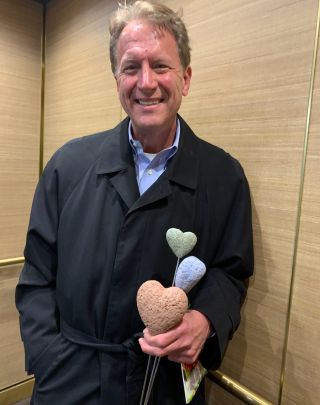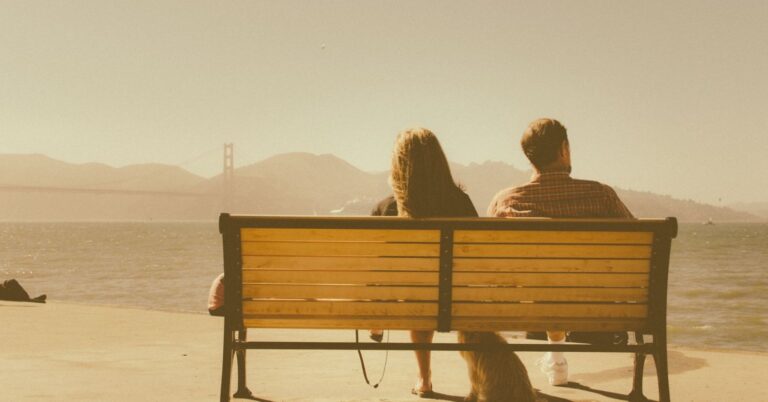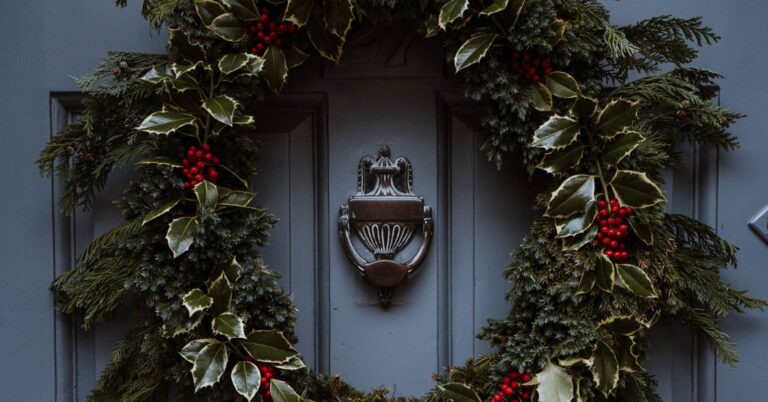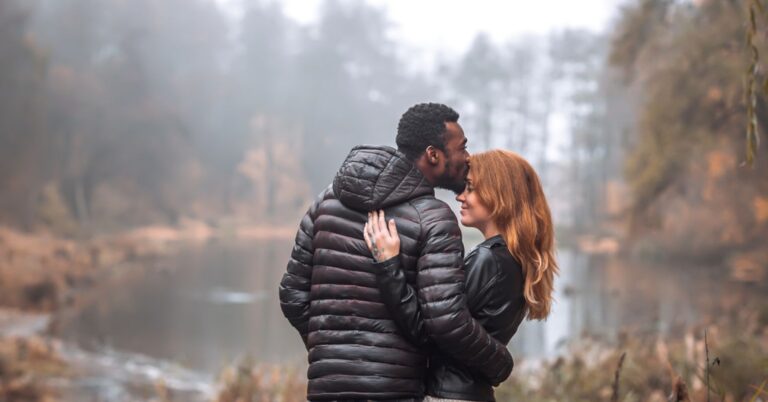After my long-term marriage ended, I decided to take another chance on love by wading into the alien world of online dating. Isn’t love life’s centrifugal force? Why not reach for it?
I am intrepid by nature. My online profile cited Helen Keller: “Life is a daring adventure or nothing at all.” I was open to the idea of meeting new people and exploring where that might lead. Might it spark friendships or possibly even love?
My last first date was 30 years ago, so I was both curious and apprehensive about what I would find in this foreign land of internet matchmaking, especially at my seasoned age. Of course, I had heard the horror stories. To prepare, I decided to approach the process as a journalist. I would be objective, curious, and discerning. I would assess each encounter as a way to refine my understanding and expectations. More than anything, I would have fun and not take any of it too seriously.
From the get-go, I was surprised by the opportunities that presented themselves. I met a plethora of lovely individuals, each far more experienced than I was at navigating a first date. But I became immediately overwhelmed. I came to think of these many first dates as interviews where each person shared their CV—college and grad school, work history, number of children, and relationship history with varying degrees of trauma revealed.
There is an ancient Zulu greeting: Sawubona. It literally means, “I see you.” Sawubona implies, “I know you. I recognize your worth, passions, pain, strengths, weaknesses, and life experiences.”
Isn’t that the goal of every human interaction?
Yet, after a string of first dates, I didn’t feel I knew anyone. Of course, I had learned a lot… about bad marriages, current employment, children’s ages, and places of birth, but in the weeks after I left the various restaurants or coffee shops, I wasn’t able to keep straight who hailed from Chicago and who was born in Portland, who had three kids and who had two, or who was an alum of Cornell and who graduated from Yale. I had the basic demographics but little understanding of what was most important: my date’s essence or passions.
This was my remedy.
I crafted a question that jump-started a deeper conversation. It was a question that answered, “Who are you at your core?” It eliminated the need to reel off a personal history. It was designed to probe a person’s passions and backburner dreams. Above all, it had the potential to pierce through the fog of everyday responsibilities and reveal who the individual was before life was upended.
I would introduce the question by joking, “I don’t want to hear about your crazy divorce, and I know you had one.” (They all professed to have one.) I would quickly add, “Rather, tell me this: What do you read? What do you think about? What makes you happy? What makes your heart beat faster? There will be time for all the other stuff.”
It worked. After a pause, the discussion immediately elevated to conversations about literature and history, revelations about ambitions long ago put on a shelf, and reminiscing about who the individual was back in college, high school, or childhood. The question generally surfaced long-forgotten and often joyful stories, introducing lightness and intimacy into our conversation. In turn, I would share anecdotes about my life before it took an unexpected turn, offering tidbits about dabbling in theater, my love of poetry, and a passion for politics.
Through this line of inquiry, we each achieved Sawubona.
Getting to know someone can be challenging, no matter what the venue. Why was this question successful? Why did it lead to both parties feeling seen?
Social scientists have long studied interpersonal relationships and conclude that a surefire way to be known is through transparency. Brene Brown, a research professor at the University of Houston, writes eloquently about the importance of vulnerability as a precursor for connection and love. Vulnerability risks exposing imperfections and opening oneself to judgment. It takes courage to let down your guard, to show up and be seen. There is a potential cost, but the benefits can be transformative to relationships.

Meaningful relationships are cultivated through attention, transparency, and trust.
Source: Photo by Gina Vild
One achieves Sawubona primarily through transparency and self-disclosure.
Canadian psychologist Sidney M. Jourard, a pioneer in the field of humanistic psychology, championed the idea that self-disclosure is a cornerstone of strong and meaningful relationships. He asserted that the act of sharing deeply personal information with others is essential for building intimacy and fostering genuine connection. Doing so allows us to be known on a deeper level and creates a foundation for trust and understanding. The benefits of self-disclosure extend far beyond intimacy. It enhances social desirability, making us more likable and appealing to others. Who isn’t drawn to those who are open and authentic?
Relationships Essential Reads
In the end, one particular Sawubona first date led to a second and then to a third and, over time, to an engagement. It is evidence that taking a second chance at love can be an enriching and transformative life experience once we embrace the understanding that meaningful connections don’t just happen. They are cultivated through transparency, attention, and trust.



















+ There are no comments
Add yours